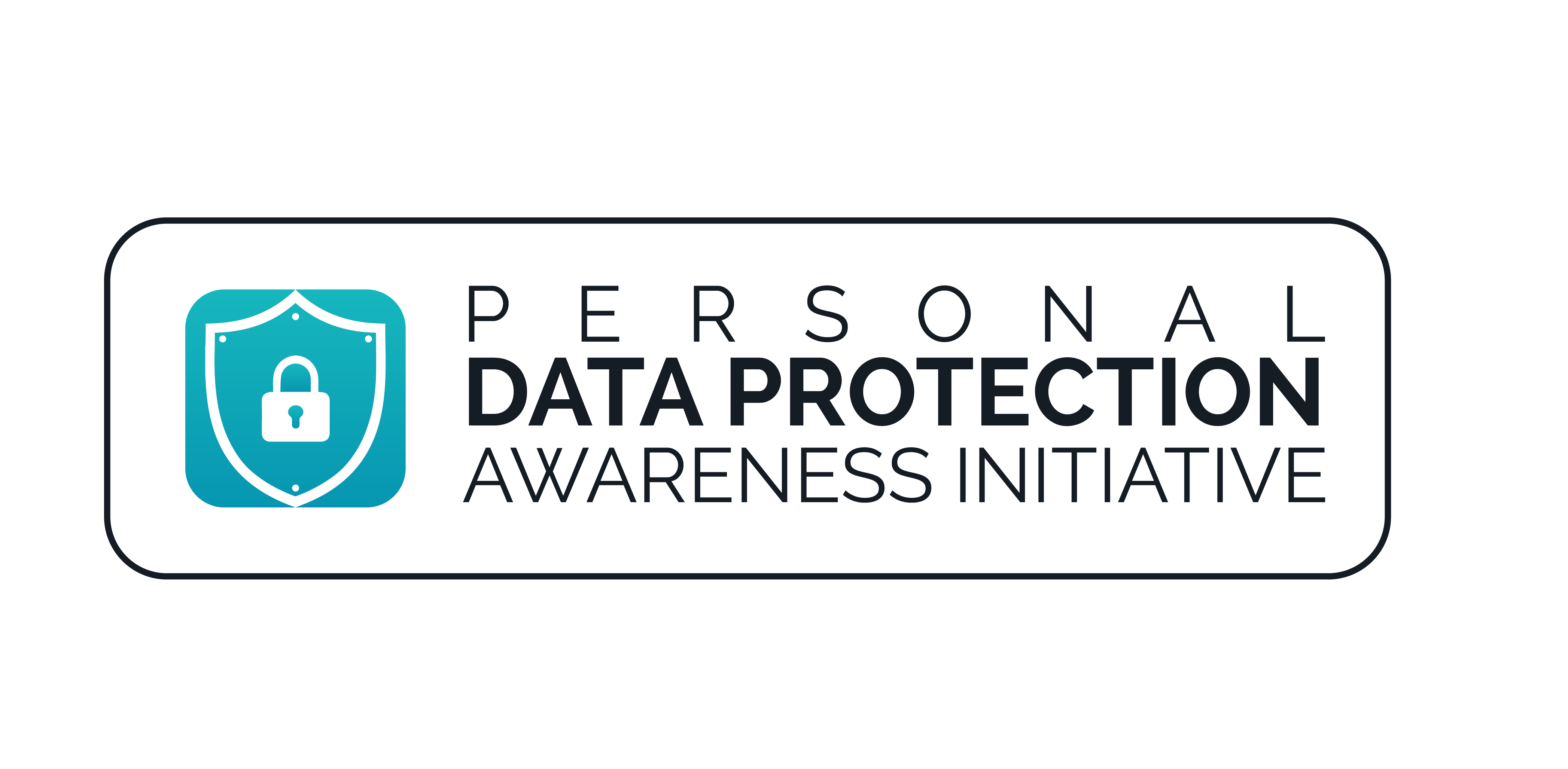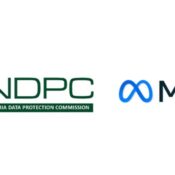
Legitimate Interest: Balancing Data Processing and Individual Rights in Nigeria
The Nigerian Data Protection Act (NDPA) of 2024, in conjunction with its General Application and Implementation Directives, introduces legitimate interest as part of the lawful basis for processing data. This legal basis allows data controllers to process personal data without obtaining explicit consent from individuals, provided certain conditions are met. Understanding the framework surrounding legitimate interest empowers organizations to achieve their business goals while ensuring respect for data subject rights and adherence to the principles of data protection.
The Power of Legitimate Interest: Balancing Needs and Rights
The concept of legitimate interest grants organizations the flexibility to process personal data without the administrative burden of obtaining consent in every instance. This fosters innovation and facilitates efficient data-driven operations. However, this flexibility comes with a responsibility to ensure the processing aligns with the principles of fairness, transparency, and respect for individual privacy. To achieve this balance, the NDPA-GAID established a framework for responsible data processing based on legitimate interest.
Conducting a Legitimate Interest Assessment (LIA): A Cornerstone of Responsible Data Processing
Central to leveraging legitimate interest is the Legitimate Interest Assessment (LIA). This comprehensive evaluation serves as a cornerstone for responsible data processing. Through the LIA, organizations objectively assess the validity of their interest in processing personal data and ensure it does not unduly impact the rights and interests of data subjects.
The LIA delves into three key questions:
Purpose-Driven Processing: The first step is to determine if the processing of personal data serves a clearly defined and legitimate purpose. This purpose should be directly linked to the organization’s core functions or activities. For instance, a financial institution may have a legitimate interest in processing customer data to assess creditworthiness and prevent fraud.
Necessity: Achieving the Objective Without Compromise Following the identification of a legitimate purpose, the LIA evaluates whether processing personal data is truly essential to achieve that objective. The organization must explore and document alternative measures to achieve the same outcome with less intrusive data collection or processing practices. This demonstrates a commitment to data minimization, a core principle of data protection.
Balancing Test: Weighing Interests Fairly Perhaps the most crucial aspect of the LIA is the balancing test. This test assesses whether the organization’s legitimate interest outweighs the potential impact on the rights and interests of the data subjects. Factors considered during this evaluation include the nature and sensitivity of the data being processed, the potential consequences for data subjects if their rights are infringed upon, and the transparency with which the organization has communicated its data processing practices.
Data Controller Responsibilities for Compliance
Below are the specific responsibilities of data controllers who intend to rely on legitimate interest for data processing:
Clearly Defining the Legitimate Interest: The organization must clearly define the specific purpose and the legitimate interest driving the data processing activity. This transparency allows data subjects to understand how their data is being used and facilitates their exercise of control over their personal information.
Documenting the LIA: The LIA process should be documented meticulously. This documentation should detail the purpose of the processing, the necessity test, and the rationale behind the conclusion that the organization’s legitimate interest outweighs the potential impact on data subjects. This documentation serves as a critical piece of evidence demonstrating compliance with the NDPA-GAID in the event of an audit or investigation.
Implementing Robust Safeguards: To ensure the rights of data subjects are protected throughout the data processing lifecycle, data controllers must implement appropriate technical and organizational safeguards. These safeguards may encompass pseudonymization techniques to minimize the identifiability of data, data encryption practices to protect against unauthorized access, and robust access controls to limit data access to authorized personnel only.
Regular Review and Monitoring: The landscape of data privacy regulations and the organization’s business practices are constantly evolving. To ensure the LIA remains valid and the processing continues to align with legitimate interests, data controllers must establish a system for regular review and monitoring. This may involve periodic reassessments of the LIA, considering any changes in the organization’s operations, emerging data protection best practices, or amendments to the NDPA or NDPA-GAID.
Benefits of a Thorough LIA: Accountability, Transparency, and Trust
By conducting a comprehensive and documented LIA, data controllers gain several advantages. First, it demonstrates accountability and a commitment to responsible data processing practices. This fosters trust with data subjects and regulatory bodies alike. Secondly, a well-documented LIA provides a clear roadmap for data processing activities, ensuring internal teams within the organization understand the justification for processing personal data and their ongoing responsibilities in protecting individual privacy. Finally, a thorough LIA can serve as a valuable tool for mitigating legal risks associated with data breaches or non-compliance with the NDPA
Conclusion
The concept of legitimate interest empowers Nigerian organizations to innovate and achieve their business goals while respecting individual privacy rights. The NDPA and NDPA-GAID provide a clear framework for responsible data processing based on legitimate interest. By conducting a thorough and documented Legitimate Interest Assessment (LIA), organizations can navigate the legitimate interest landscape with confidence. This ensures compliance with data protection regulations, fosters trust with data subjects, and minimizes legal risks. Ultimately, embracing a data processing philosophy centered on a robust LIA empowers organizations to thrive within the Nigerian data ecosystem, striking a harmonious balance between innovation and individual privacy.
However, it is crucial to acknowledge that the concept of legitimate interest remains an evolving area within data protection laws and regulations. Organizations are well-advised to stay informed about regulatory updates, emerging best practices, and judicial interpretations surrounding legitimate interests. By remaining vigilant and committed to responsible data processing practices, Nigerian organizations can leverage the power of legitimate interest to unlock new opportunities while upholding the fundamental right to privacy for all data subjects.



